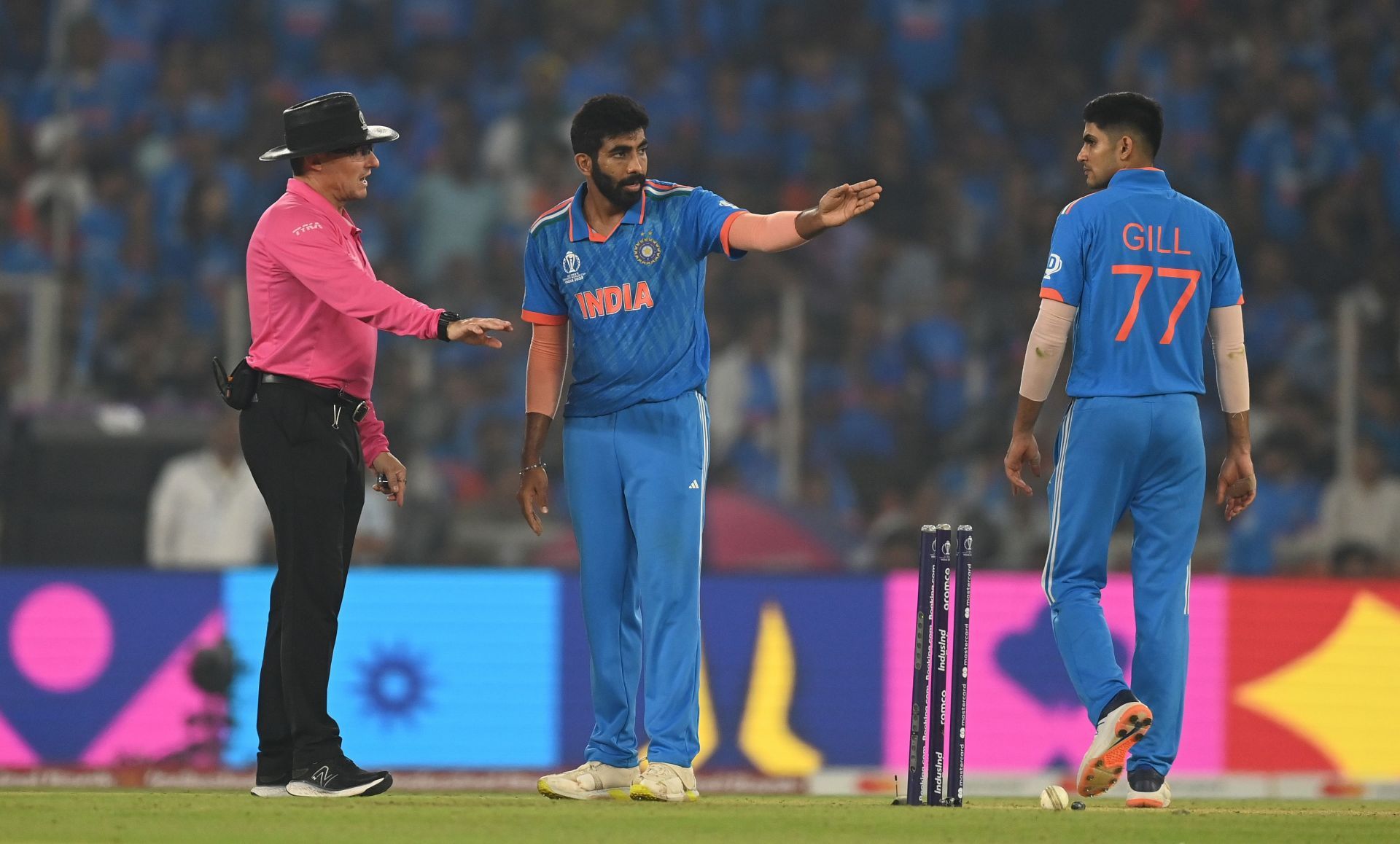
ICC board met: Ban on transgender players to run penalty for delays - key takeaways
The International Cricket Council (ICC) held its board meeting in Ahmedabad on Tuesday, November 21. The meet, which was held just days after the 2023 ODI World Cup concluded with the final between India and Australia in the same city, led to a number of significant developments.
The ICC board, which had earlier suspended Sri Lanka Cricket (SLC), over government interference, confirmed the terms of the suspension during the significant meeting on Tuesday. In a related development, a major decision was also taken over moving the 2024 Under-19 World Cup out of Sri Lanka.
The ICC board also approved new gender eligibility regulations for international cricket following a nine-month consultation process with the sport’s stakeholders. Further to deal with the problem of time wastage during white-ball matches, a penalty system is going to be introduced on a trial basis.
In the wake of the ICC Board meeting in Ahmedabad on Tuesday, here are key takeaways from the conference.
Five-run penalty for bowling overs late
Time wastage is a big concern in international white ball cricket. To try and curb the same, the bowling team will need to bowl the next over within 60 seconds of the previous over being completed.
A five-run penalty will be imposed the third time a delay happens.
As per ICC’s media release on the same, the Chief Executives’ Committee (CEC) has agreed to introduce a stop clock on a trial basis in men’s ODI and T20I cricket from December 2023 to April 2024. The clock will be used to regulate the amount of time taken between overs.
Transgender players banned from women's international cricket
In another significant decision taken at the ICC Board meeting in Ahmedabad, transgender players have been banned from women's international cricket.
An ICC release on the matter stated:
“The new policy is based on the following principles (in order of priority), protection of the integrity of the women’s game, safety, fairness and inclusion, and this means any Male to Female participants who have been through any form of male puberty will not be eligible to participate in the international women’s game regardless of any surgery or gender reassignment treatment they may have undertaken.”
The review was led by the ICC Medical Advisory Committee chaired by Dr. Peter Harcourt and the new rules will be strictly restricted to international cricket. Gender eligibility at the domestic level will be the prerogative of individual member boards.
ICC Chief Executive Geoff Allardice said on the key decision:
"The changes to the gender eligibility regulations resulted from an extensive consultation process and is founded in science and aligned with the core principles developed during the review. Inclusivity is incredibly important to us as a sport, but our priority was to protect the integrity of the international women's game and the safety of players."
The 2024 ICC U-19 World Cup moved from Sri Lanka to South Africa
During the ICC Board meeting, it was also decided to shift the 2024 U-19 World Cup from Sri Lanka to South Africa. The move was taken in the wake of SLC’s suspension by the ICC.
In a related development, after hearing representation from SLC, the ICC board concluded that Sri Lanka can continue to play international bilateral cricket and can also compete in ICC events despite their cricket board’s suspension. However, funding to SLC will be controlled by the ICC.
Accelerating the development of female match officials
At the ICC board meeting, the CEC also sanctioned a plan to accelerate the development of female match officials.
The endorsement of the idea includes equalizing match day pay for ICC umpires across men’s and women’s cricket and ensuring there is one neutral umpire in every ICC Women’s Championship series from January 2024.
In another crucial decision taken at the Ahmedabad meet, changes to the pitch and outfield monitoring regulations were also approved.
This includes a “simplification of the criteria against which a pitch is assessed and increasing the threshold for when a venue could have its international status removed from five demerit points to six demerit points over a five-year period”.